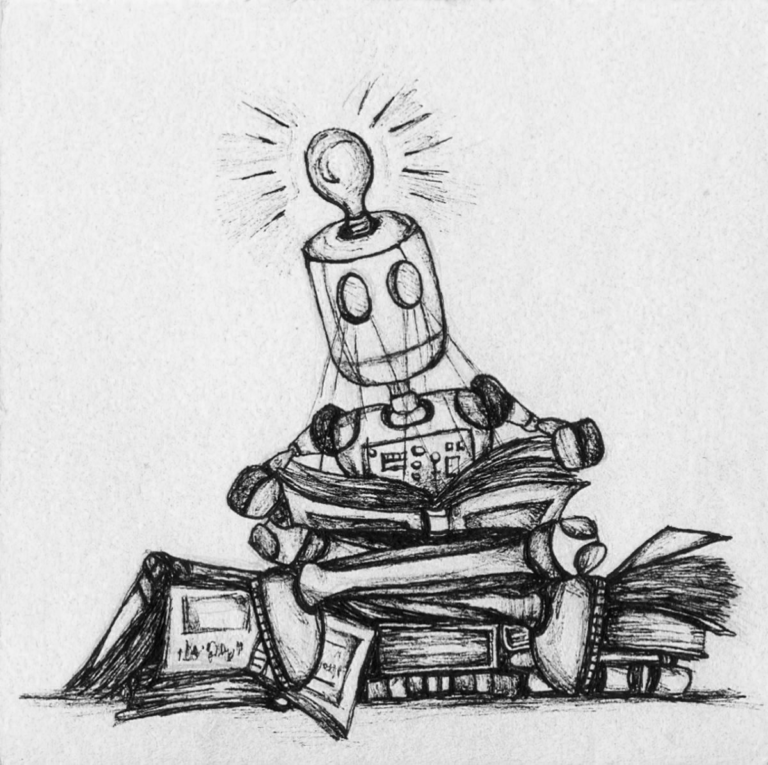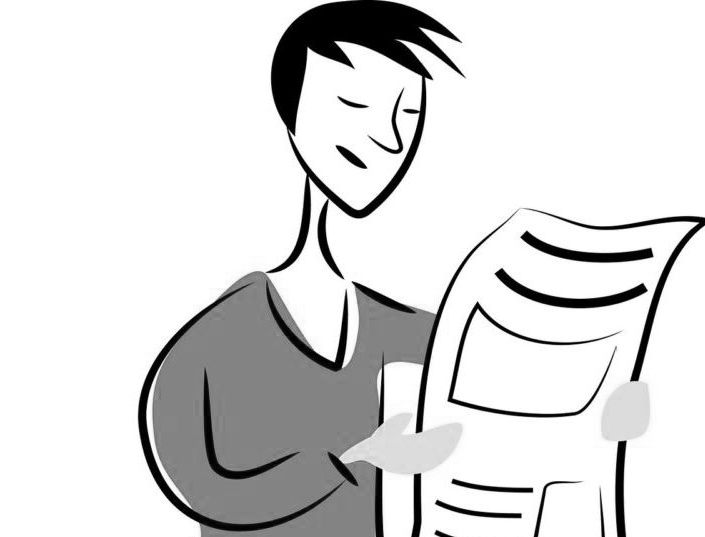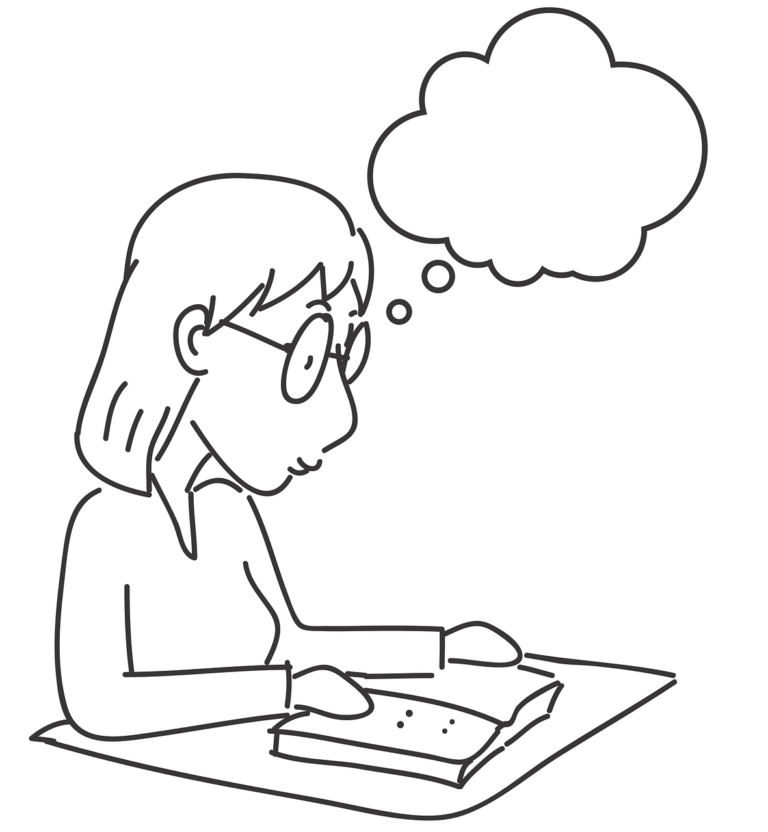Research shows that infants of depressed mothers are at increased risk of behavioral problems, emotional difficulties, and delays in growth and language development. If the mother's depression is not treated promptly, the baby can be greatly affected. With a combination of proper medication and therapy, postpartum depression is treatable.
Posts tagged as “postpartum depression”
Postpartum depression, or the Baby Blues, can happen anytime up to a year after the baby is born.
Women around the globe are resenting the day that their bodies will go through a transformation.
When postpartum depression kicks in women often feel sluggish, unconnected to reality, and often undergo several other symptoms that include depression.
Women that undergo postpartum depression (PPD) often go through bouts of crying uncontrollable and very seldom do they understand the cause. There thinking is often irrational and their emotions are often tangled. One minu...
This article focuses on postpartum depression that most women experience after their pregnancy. There are three categories that go from mild to severe depression, and tackles different ways to cope with such. New mothers can get information from this article since it gives out ways in dealing with postpartum depression.
This article relates the significance of new mothers that deals with postpartum depression. New research studies have shown that fathers can also get depressed after the baby is born. Certain factors contribute to fathers getting postpartum depression, and how this study aims to provide help for those new parents that get depressed.
This article provides information regarding baby blues --- a mental and emotional state that occurs right after pregnancy. Women who experience post-partum depression can feel a shift in their mood and attitude towards their own baby. Postpartum depression symptoms, risk factors, and preventive measures are also discussed at length.




